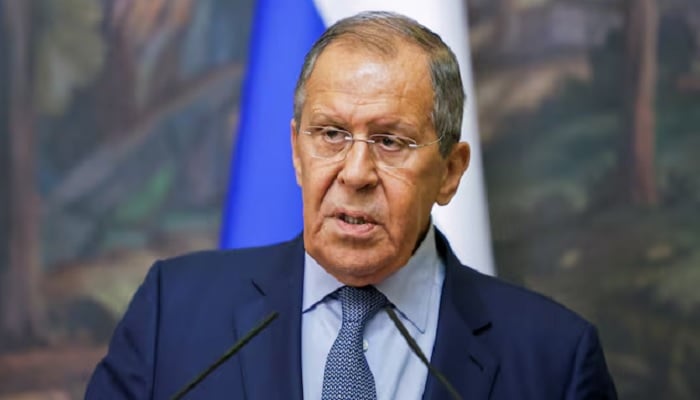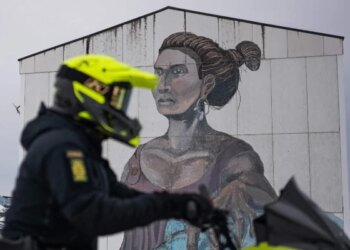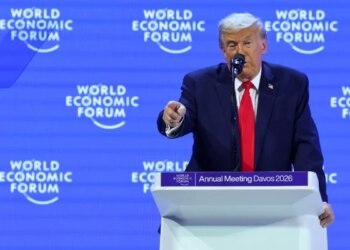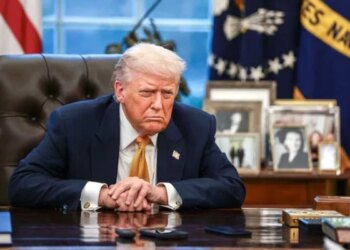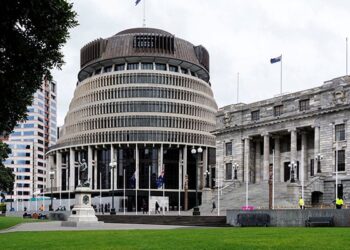Select Language:
Russian Foreign Minister Sergei Lavrov addressed the United Nations on Saturday, warning that any aggressive actions toward Moscow would be met with a strong and decisive response. He specifically cautioned against attempts to shoot down aircraft within Russian airspace and criticized Germany’s military rhetoric.
Amid ongoing conflict in Ukraine, tensions in Eastern Europe have escalated recently. Estonia reported that Moscow sent three fighter jets into its airspace, and NATO fighters shot down Russian drones over Poland. Lavrov stated, “Any aggression against my country will be met with a resolute response. There should be no misunderstanding about this among NATO and EU members who claim that war with Russia is unavoidable.”
The frequency of Russian airspace violations has unsettled Eastern European nations, which now view Russia as the primary threat since the Cold War’s end. Meanwhile, hopes for a swift resolution to Moscow’s war in Ukraine have dimmed.
U.S. President Donald Trump recently expressed support for shooting down Russian jets intruding into NATO airspace. This marks a noticeable shift in rhetoric, as Trump mockingly accused Russia’s military efforts in Ukraine of being ineffective and called Russia a “paper tiger.” Lavrov dismissed Trump’s comments during a press conference following his UN speech, but issued a stern warning regarding any attempts to shoot down aircraft in Russian territory.
He remarked, “Anyone trying to shoot down flying objects in our airspace will regret such blatant violations of our sovereignty.” Lavrov also dismissed the idea of Ukraine returning to its pre-2022 borders, implying that only the “politically blind” would harbor such hopes—an indirect rebuke to Trump’s assertion that Kyiv could regain all occupied territory.
Lavrov criticized German Chancellor Friedrich Merz for what he described as “militaristic rhetoric” and expressed Moscow’s concern over statements from EU and NATO leaders contemplating a possible World War III scenario. Despite these tensions, Lavrov emphasized that Moscow remains open to “honest dialogue” with the United States, regardless of recent shifting stances under Trump.
He mentioned upcoming talks with U.S. officials aimed at repairing embassy relations, which have been strained for over a decade by mutual expulsions and restrictions. Lavrov met with U.S. Secretary of State Marco Rubio on the sidelines of the UN General Assembly.
Concerning economic relations, Lavrov indicated that Russia’s ties with India remain stable, despite Trump’s tariffs targeting Indian goods and calls for New Delhi and Beijing to cease buying Russian oil.
He also expressed concern over increased U.S. naval activity and military operations around Venezuela to combat drug cartels, describing the situation as “very serious.” Without directly naming the U.S., Lavrov suggested that certain actors might attempt to use a proposed UN Security Council resolution—sponsored by the U.S. and Panama—to justify intervention in Venezuela under the guise of fighting Haitian gangs.
Lavrov warned, “It’s conceivable that some actors could seek to obtain a mandate from the Security Council and then claim that gangs from Haiti are being harbored in Venezuela, which could be used as a justification for broader action.”

